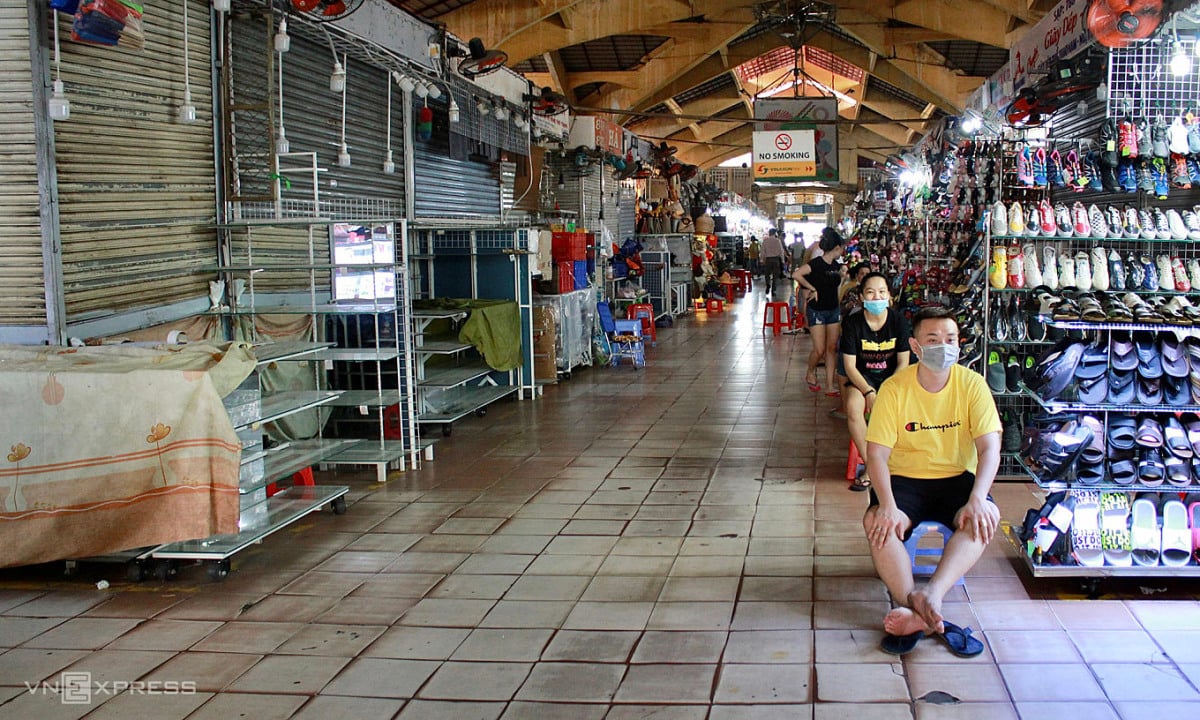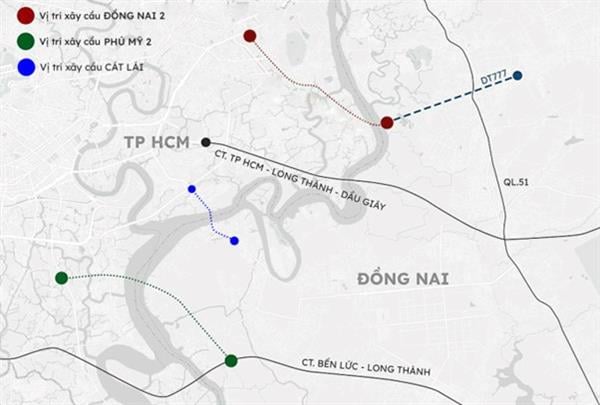"I plan to demolish my current house to build a new one. I see that the two houses next door to my neighbors are old, weak and degraded, so I am quite worried, afraid that the construction may crack the wall or damage their house. To avoid being wrongly accused of compensation, before building the house, what do I need to do to prove that those errors were not necessarily caused by me? Please advise me."
The above concerns and questions are from reader The Quynh.
Consultant
Mr. Huynh Nhat Truong, Head of the Southern Bailiff Office, advised, according to Article 174 of the Civil Code, you must ensure safety and not infringe upon the rights of adjacent property owners.

Mr. Huynh Nhat Truong, Head of the Southern Bailiff Office
The homeowner must compensate for damages if the construction process causes damage to others. If the contractor is at fault for causing damage to the house or construction work, he or she must jointly compensate (according to Article 605 of the Civil Code).
Your neighbor's house is in a state of disrepair, so when you build a new house, it will easily crack, sink, and collapse. Therefore, to limit damage, before demolishing the old house and building a new one, you can take the following steps:
Step 1, you need to work with your neighbors to notify them of the construction and agree to compensate them if any damage is caused.
Step 2, if the neighbor agrees, you can ask the bailiff to come and make a record of the entire current condition of their house. If they do not allow you to enter the house, you can make a record of the current condition outside the house.
Step 3, during the construction process, if an incident occurs to the neighbor's house, if both parties can negotiate, that's great. In case the other party does not agree, you can also ask the bailiff to make a record of the incident and the meeting between the parties about the compensation agreement (if any).
If necessary, you can also negotiate with your neighbor to hire a competent unit to survey, inspect, and appraise the construction; to cross-brace and reinforce the neighbor's house before and during your construction. If they do not cooperate, leading to damage to their house, this can be the basis for determining whose fault it is. Accordingly, depending on the case, you will not have to pay compensation or your compensation liability will be reduced (according to Article 584 and Article 585 of the Civil Code).
Source link



![[Photo] National Assembly Chairman Tran Thanh Man meets with outstanding workers in the oil and gas industry](https://vstatic.vietnam.vn/vietnam/resource/IMAGE/2025/4/17/1d0de4026b75434ab34279624db7ee4a)
![[Photo] Nhan Dan Newspaper announces the project "Love Vietnam so much"](https://vstatic.vietnam.vn/vietnam/resource/IMAGE/2025/4/17/362f882012d3432783fc92fab1b3e980)
![[Photo] General Secretary To Lam receives French Ambassador to Vietnam Olivier Brochet](https://vstatic.vietnam.vn/vietnam/resource/IMAGE/2025/4/17/49224f0f12e84b66a73b17eb251f7278)
![[Photo] Closing of the 4th Summit of the Partnership for Green Growth and the Global Goals](https://vstatic.vietnam.vn/vietnam/resource/IMAGE/2025/4/17/c0a0df9852c84e58be0a8b939189c85a)
![[Photo] Promoting friendship, solidarity and cooperation between the armies and people of the two countries](https://vstatic.vietnam.vn/vietnam/resource/IMAGE/2025/4/17/0c4d087864f14092aed77252590b6bae)

























![[Photo] Welcoming ceremony for Chinese Defense Minister and delegation for friendship exchange](https://vstatic.vietnam.vn/vietnam/resource/IMAGE/2025/4/17/fadd533046594e5cacbb28de4c4d5655)



























![[Video] Viettel officially puts into operation the largest submarine optical cable line in Vietnam](https://vstatic.vietnam.vn/vietnam/resource/IMAGE/2025/4/17/f19008c6010c4a538cc422cb791ca0a1)







































Comment (0)